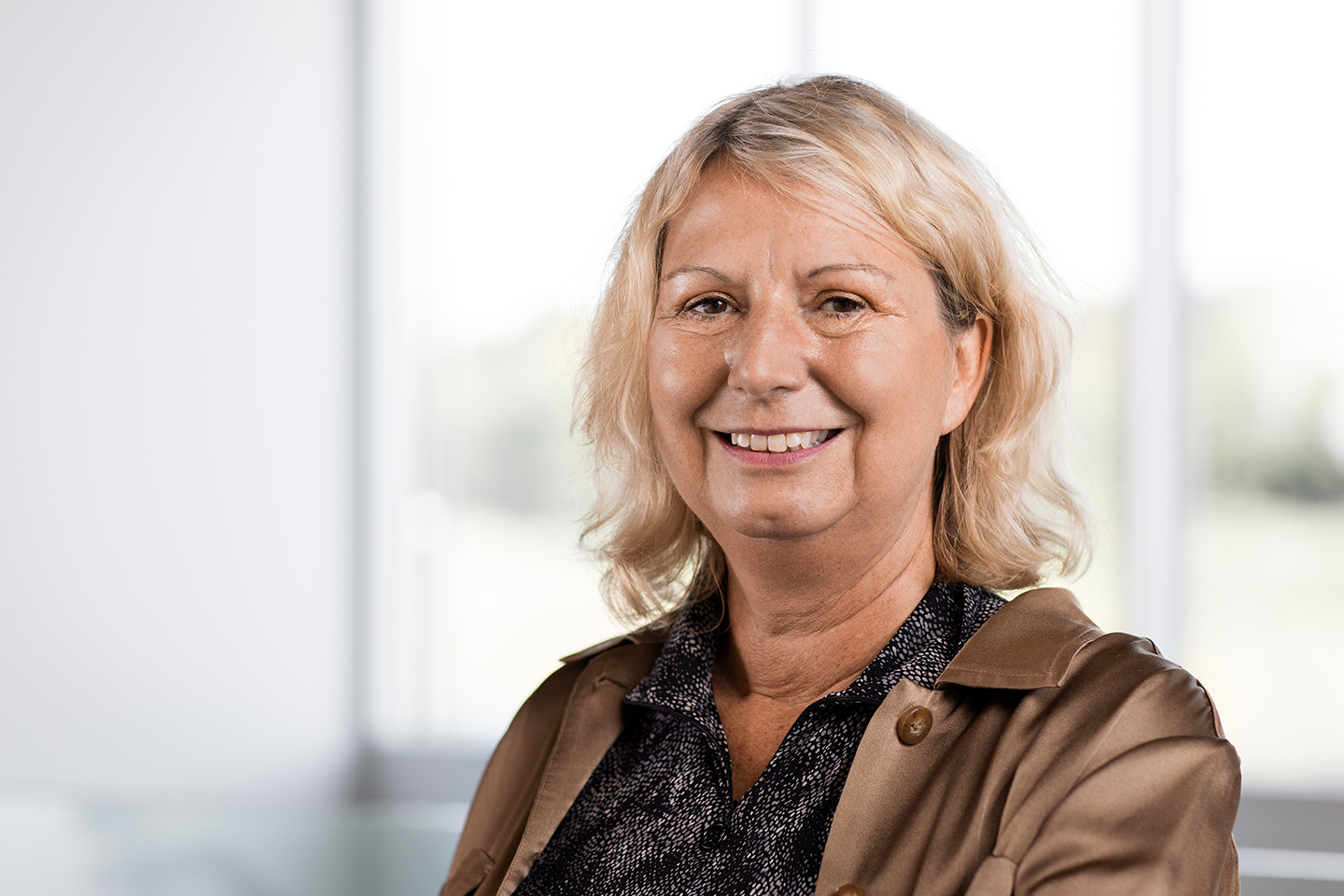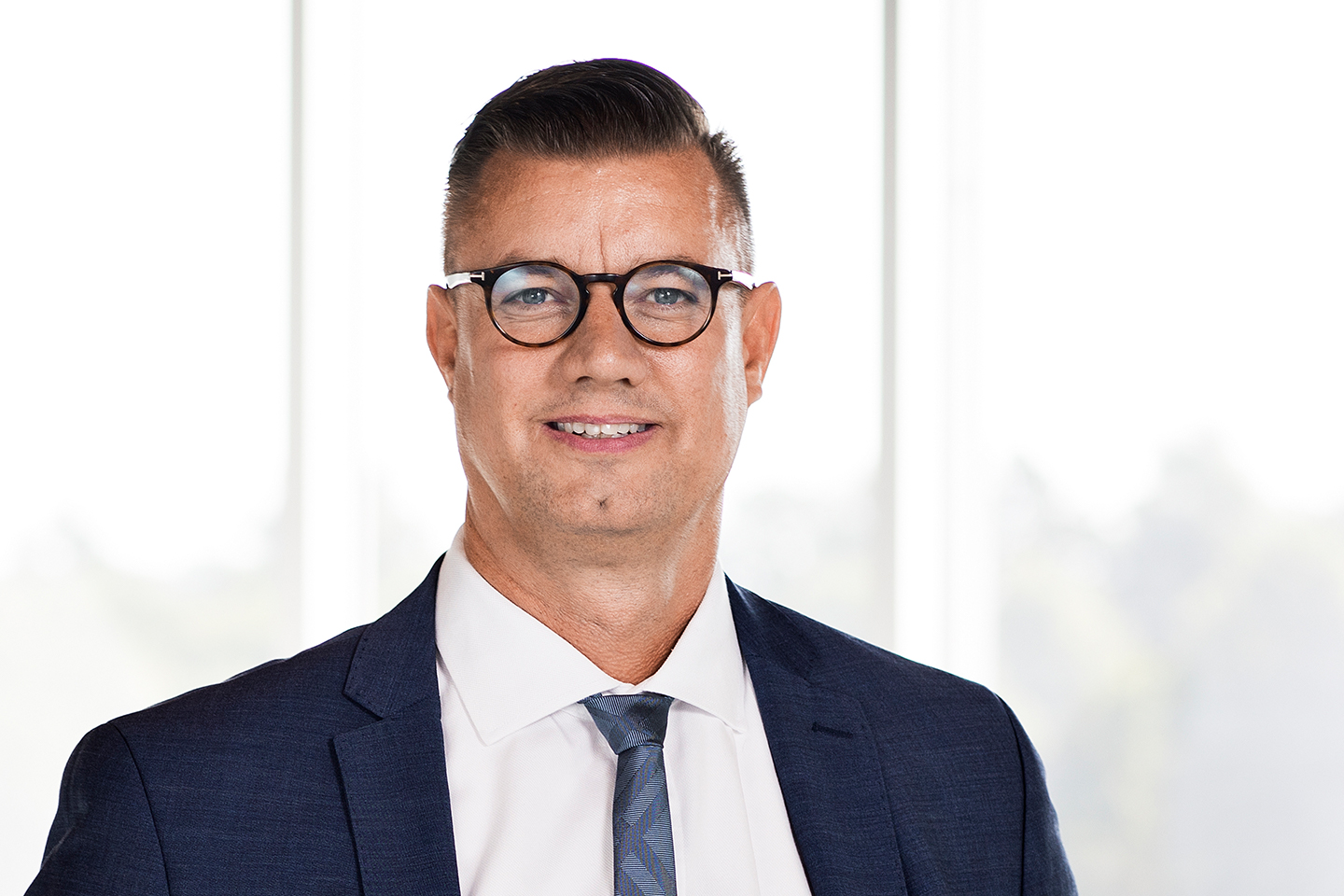Management and Board of Directors
Read about the Management Team, Ownership, and Board of Directors of Dansk Retursystem
Dansk Retursystem was established in 2000 as a limited-liability company with four owners. The Statutory Order on Deposits specified that the company should be non-profit. This ensures that the only purpose of the deposit and return system is to recycle as many empty bottles and cans as possible into new bottles and cans.
Dansk Retursystem is therefore an example of public authorities and private companies collaborating on a project to benefit society.
The key partners in the Danish deposit and return system are represented on Dansk Retursystem’s Board of Directors: the breweries, the importers of beverages on which deposits are payable and the retail trade, which is required to receive the empty bottles and cans returned by consumers.
Board of directors
The Articles of Association require the Chair of the Board of Directors to be non-partisan and unconnected to any of the partners involved.
Chair of the Board
- Carsten Ørnbo
Members of the Board
- Director, Nick Hækkerup, Bryggeriforeningen
- Vice President On Trade, Per Damgaard Hansen, Carlsberg Danmark A/S
- Financial Service Director, Klavs Kirkedal, Carlsberg Danmark A/S
- Corporate Affairs Director, Rasmus Bebe, Carlsberg Danmark A/S
- VP Integrated Supply Chain Denmark, Martin Seier, Carlsberg Supply Company Danmark A/S.
- Branch Manager for Trade, Lotte Engbæk Larsen, Dansk Erhverv
- Logistics Director, Kristian Milert Møller, Royal Unibrew A/S
- General Manager, Danmark Louise Palsten, Royal Unibrew A/S
- Sales Director, Klavs Husmand, Harboes Bryggeri A/S
- Director Jura & Risk, Martin S. G. Christiansen, Coop Danmark A/S
- Group General Counsel, Jakob Røddik Thøgersen, Salling Group A/S
- Vice President, Claus Bøgelund Kegel Nielsen, De Samvirkende Købmænd
Management Team
Directly to you. That’s n advantage for both consumers, who receive their deposits faster, and for us, as we have to empty stations less frequently when cans and bottles are flattened and therefore take up less space.

Kasper Schmidt
Chief Executive Officer
Heidi Schütt Larsen
Director for Circular Economy



